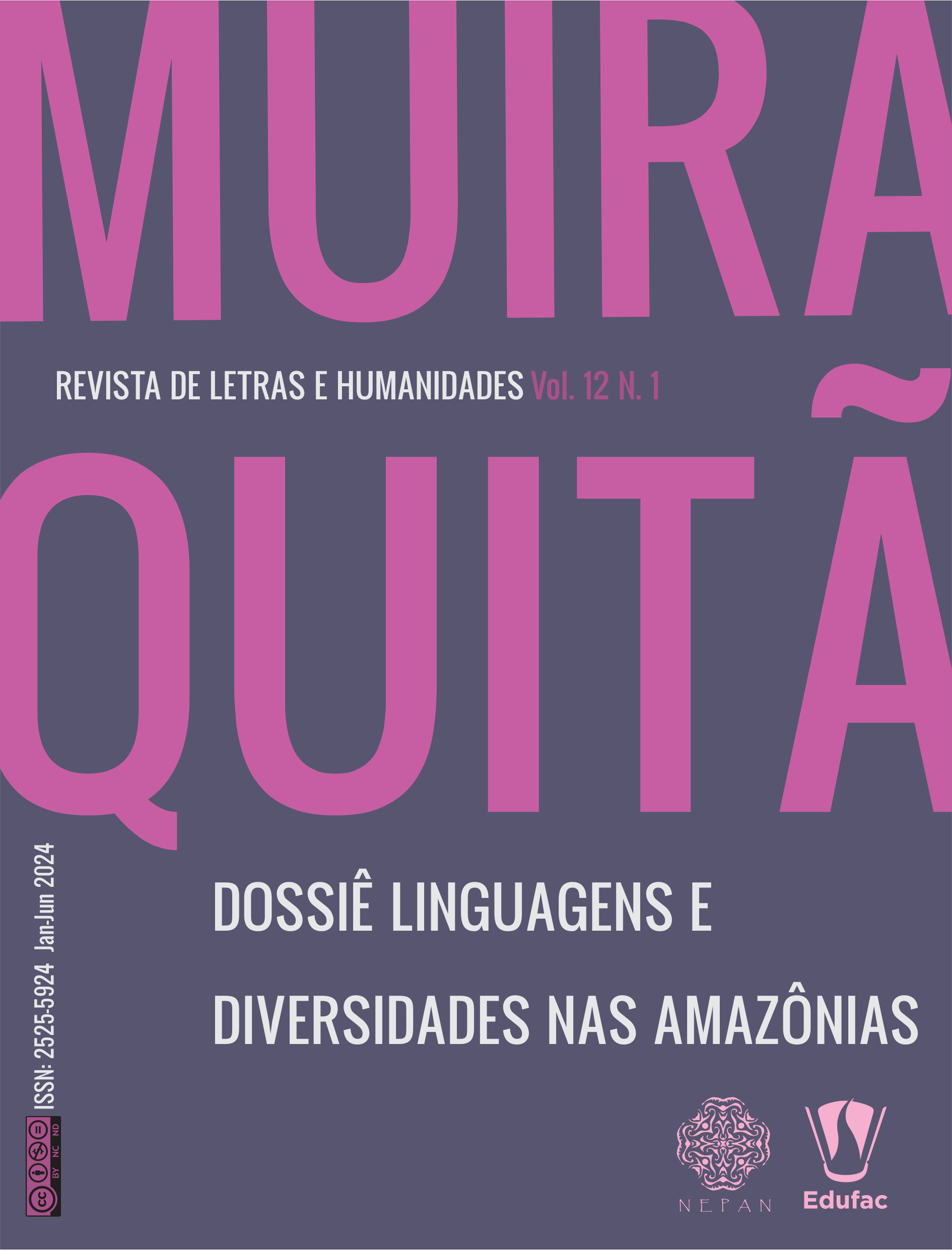From Simone Weil to Giorgio Agambem
considerations on the ruining of human people due to slavery in labor relations in Brazil
Keywords:
Simone Weil. Giorgio Agamben. Enslavement. Work.Abstract
The present research aims to analyze the processes of dismantling of human life in labor relations in Brazil. To do so, we adopted the thinking of Simone Weil and Giorgio Agamben as a theoretical framework. Nevertheless, we make use of images whose objective is to narrate with greater conciseness the processes of enslavement and dehumanization that are part of not only the past in Brazil, but also assume other reconfigurations that, in an indelible way, mark the present of our work relations. Thus, the research started from a bibliographical analysis of the authors mentioned above, in addition to analysis of databases on cases of work analogous to slavery in Brazil.
References
ALENCASTRO, L., F. A vida privada e a ordem privada no império. In: ALENCASTRO, L., F. (Org). História da vida privada no Brasil. Império: a corte e a modernidade nacional. V. 2. São Paulo: Cia. das Letras, 1997.
ARTE & ARTISTAS. O lavrador de café: leitura da obra de Cândido Portinari. 30 out.2016. Disponível em: https://arteeartistas.com.br/o-lavrador-de-cafe-leitura-da-obra-de-candido-portinari/#:~:text=Em%20%E2%80%9CO%20Lavrador%20de%20Caf%C3%A9,instrumento%20de%20trabalho%20t%C3%ADpico%20bra%C3%A7al. Acesso em: 27 jul. 2023.
BEAUVOIR, S. Mémoires d'une jeune fille range. Paris: Éditions Gallimard, 1958.
BINGEMER, M, C, L. “Escravidão e compaixão: sofrimento e vulnerabilidade na mística de Simone Weil”. Revista Portuguesa de Filosofia, v. 65, n.1, p. 821-839, 2009. Disponível em: http://www.jstor.org/stable/41220902. Acesso em: 07 jul. 2023.
BLAUTH, Mariana. Como visitar o campo de concentração de Auschwitz, na Polônia. Mapa do Mundo.org. 03.08.2018. Disponível em: https://mapadomundo.org/polonia/campo-concentracao-auschwitz/. Acesso em: 27 jul. 2023.
CÉSAIRE, A. Discurso sobre o colonialismo. Trad. Claudio Willer. São Paulo: Veneta, 2020.
DUBREIL, J. História da arte: Paul Klee. Artmajeur Magazine, 28 de mar. de 2023. Disponível em: https://www.artmajeur.com/pt/magazine/5-historia-da-arte/paul-klee/333112. Acesso em: 28 jul. 2023.
FERREIRA, L., S; BIGNAMI, R. (Orgs.). Trabalho escravo na indústria da moda no Brasil. Brasília: SINAIT, 2021.
INTERNATIONAL LABOUR ORGANIZATION; WALK FREE; INTERNATIONAL ORGANIZATION FOR MIGRATION. Global Estimates of modern slavery: forced labour and forced marriage. ILO/WF/IOM, Geneva, 2022. Disponível em: https://www.ilo.org/wcmsp5/groups/public/---ed_norm/---ipec/documents/publication/wcms_854733.pdf. Acesso em 16 jun. de 2023.
NOGUEIRA, Maria Simone Marinho. “Filosofia e espiritualidade em Simone Weil à luz da miséria humana”. Aufklärung, João Pessoa, v.7, n.esp., p.147-160, nov. 2020. https://doi.org/10.18012/arf.v7iesp.56749
ORGANIZAÇÃO INTERNACIONAL DO TRABALHO. OIT. Trabalho forçado. 2021. Disponível em: https://www.ilo.org/brasilia/temas/trabalho-escravo/lang--pt/index.htm. Acesso em: 16 jul. 2023
PENHA, Daniela. Negros são 82% dos resgatados do trabalho escravo no Brasil. Repórter Brasil, 20.11.2019. Disponível em:https://reporterbrasil.org.br/2019/11/negros-sao-82-dos-resgatados-do-trabalho-escravo-no-brasil/. Acesso em: 20 jul. 2023
SAKAMOTO, Leonardo. Com 2.500 vítimas em 2022, Brasil chega a 60 mil resgatados da escravidão. Repórter Brasil, 24.01.2023. Disponível em: https://reporterbrasil.org.br/2023/01/com-2-500-vitimas-em-2022-brasil-chega-a-60-mil-resgatados-da-escravidao/#:~:text=O%20Brasil%20encontrou%202.575%20pessoas,Minist%C3%A9rio%20do%20Trabalho%20e%20Emprego. Acesso em: 27 jul. 2023
SALATI, Paula. Trabalho escravo no campo: o que dizem trabalhadores, fiscais e pesquisadores sobre o recorde de resgates. Portal G1, 26.03.2023. Disponível em: https://g1.globo.com/economia/agronegocios/noticia/2023/03/26/trabalho-escravo-no-campo-o-que-dizem-trabalhadores-fiscais-e-pesquisadores-sobre-o-recorde-de-resgates.ghtml. Acesso em: 27 jul. 2023
SONTAG, Susan. Regarding the pain of others. New York: Picador Moderna Classics, 2017. 192p.
VALLE, Bortolo. “Simone Weil: o sofrimento como pathos da filosofia”. Rev. Filos. Aurora, Curitiba, v. 31, n. 53, p. 574-603, mai./ago. 2019. http://10.7213/1980-5934.31.053.AO01. Acesso em: 22 jan. 2024
WAHOOART. Camponeses plantando batatas de Vincente van Gogh. (1884). Disponível em: https://pt.wahooart.com/a55a04/w.NSF/O/BRUE-5ZKGC7. Acesso em: 27 jul. 2023
WEIL, Simone. La condition ouvrière. Paris: Les Éditions Gallimard, 1951. 375p.
WEIL, Simone. A ilíada ou o poema da força. In: BOSI, E. (Org.). A condição operária e outros estudos sobre a opressão. Trad. Terezinha Langlada. Rio de Janeiro: Paz e Terra, 1979.
Downloads
Published
How to Cite
Issue
Section
License
Copyright (c) 2024 Maria Lucia Rodrigues da Cruz

This work is licensed under a Creative Commons Attribution-NonCommercial-NoDerivatives 4.0 International License.














